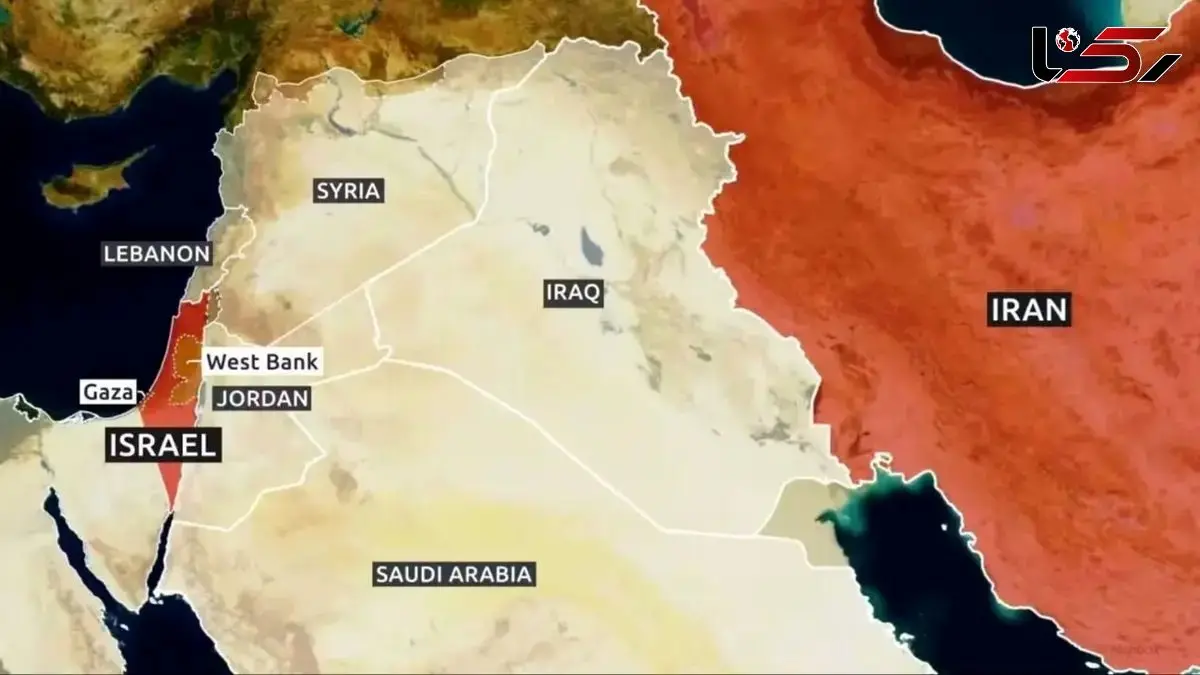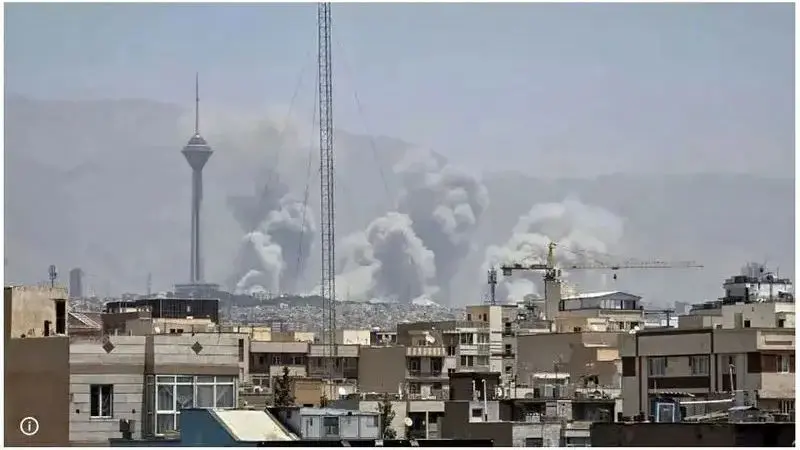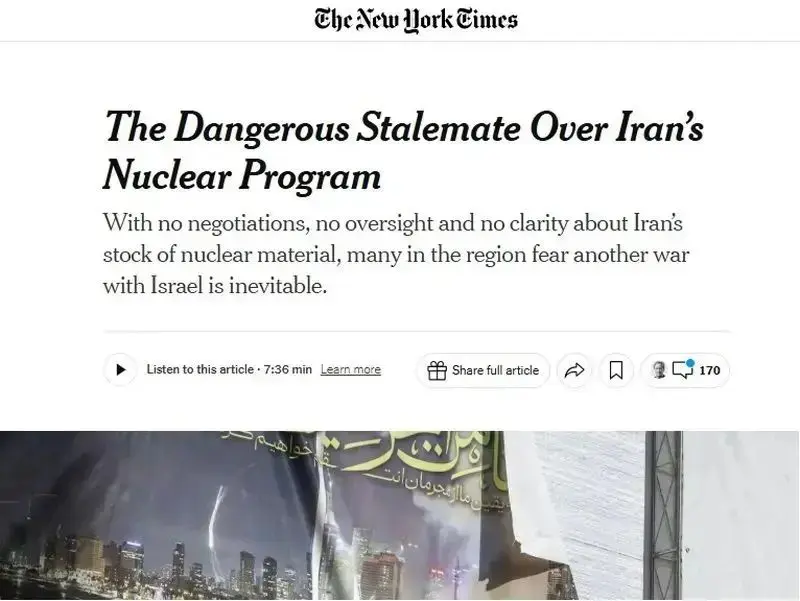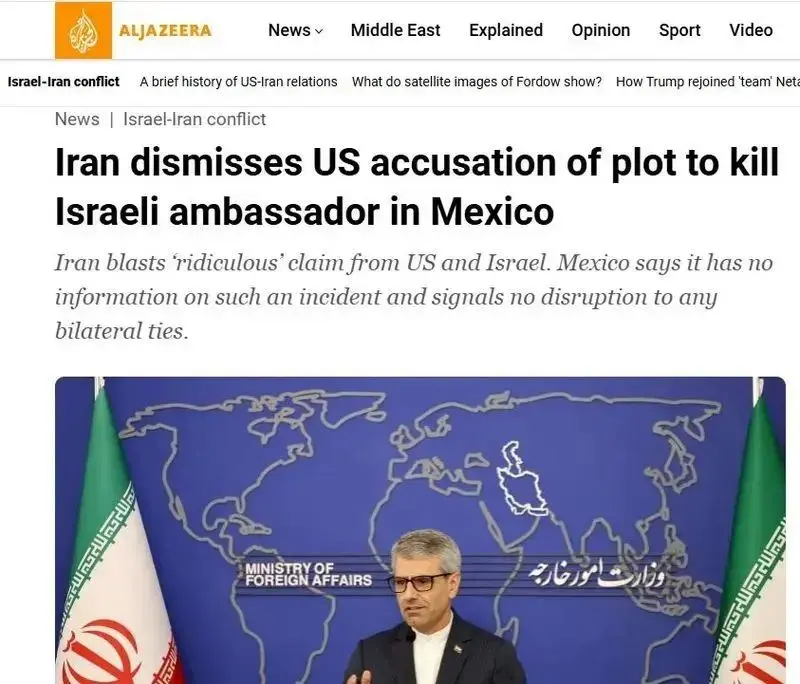Israel’s Threats Against Iran: Political Game or Security Challenge?
Rokna Political Desk: The recent threats and statements made by Israel against Iran, coinciding with reports of Tehran’s progress in its missile program and the import of raw materials for solid fuel production from China, have triggered a wave of psychological operations and heightened security tensions across the region.

An examination of official and cyber accounts affiliated with Israel reveals that over the past few days, they have launched a new phase of psychological operations targeting Iran. This campaign combines statements from Israeli officials, the army’s Persian-speaking spokesperson, both verified and anonymous Twitter accounts, as well as media reports.
According to Rokna, it remains unclear what specific developments have reignited these statements. However, a closer review suggests that Israel has targeted multiple psychological dimensions. The previous wave of such operations focused on portraying Iran as preparing for a massive preemptive strike.
Three Years Left in Trump’s Term
Recently, remarks attributed to an Israeli security official claimed that Tel Aviv should use the remaining time of the Trump administration to achieve what he described as “the overthrow of the Iranian government.” Donald Trump is set to hand over the keys to the White House to the next U.S. president on January 20, 2029. As quoted by ILNA from Israel’s Channel 11, these comments come as “Israeli security sources have reported extensive monitoring of Iran’s military activities, alleging that Tehran is reproducing advanced missiles.”

An Israeli outlet, quoting a senior official: “We must overthrow the Iranian government before the end of Trump’s term.”
Israel’s Attack on Iran During the 12-Day War of June 2025
Renewed Threats from Netanyahu
In his most recent remarks, the Israeli Prime Minister once again threatened Iran — but this time framed it as “a strike for a strike.” Netanyahu claimed in a recent speech that Israel has “eliminated Iran’s nuclear and ballistic threat,” adding, “We will strike back at anyone who attacks us, and we are already exacting a heavy price from our enemies.” Analysts suggest that Netanyahu’s latest anti-Iran rhetoric followed a New York Times report about Iran’s round-the-clock missile manufacturing facilities and its alleged capacity to fire 2,000 missiles in the next possible confrontation.
On October 30, CNN cited European intelligence sources alleging that Iran had imported 2,000 tons of sodium perchlorate from China after the 12-day war — a direct precursor to ammonium perchlorate used in solid rocket fuel. A few days earlier, Netanyahu had claimed in another speech that “if Israel did not exist, the Middle East would collapse under Iran’s control within two seconds.”
Contradictory Signals Behind the Scenes
On October 8, reports surfaced that Netanyahu had conveyed a message to Iran through Russian President Vladimir Putin. According to the Russian news agency TASS, Putin said Israel had informed Russia through secret channels that it did not wish for any confrontation with Iran and sought a peaceful resolution to tensions. “We continue our communications with Israel,” Putin said, “and we have received messages from Israeli leaders to pass on to our Iranian friends stating that Israel wants a diplomatic solution and is not seeking conflict.”

On October 10, Iranian Deputy Foreign Minister Seyed Abbas Araghchi addressed the matter in a televised interview: “Three or four nights ago, there was a phone call between Putin and Netanyahu. The following day, our ambassador in Moscow was summoned, and Netanyahu’s message of avoiding another war with our country was conveyed. Our armed forces remain fully alert, as deception from the Zionist regime is always possible. Putin’s public disclosure of this matter was to prevent any trickery.”
Observers believe these contradictory signals could form part of Israel’s psychological warfare — an attempt to deceive or influence public opinion inside Iran. Nader Entessar, professor emeritus of political science at the University of South Alabama, told Tabnak on October 15: “Netanyahu thrives on escalating tensions with Iran. What he is preparing for is the next round of attacks on Iran, and he hopes Tehran will be misled into believing that Israel has no intention of planning its next military strike.”

Iran’s foreign minister confirmed that Israel sent a message to Putin indicating it does not wish to engage in a conflict with Iran.
Given Israel’s track record of engaging in blame games, these mixed messages, coupled with analyses and reports about Iran’s preemptive attack plans, missile reconstruction based on New York Times findings, and the debate over 60% uranium enrichment or the alleged persistence of Iran’s nuclear threat, could all be components of this ongoing scenario. The Israeli side continues to assert that its military actions are merely “responses to threats.”
Foreign Ministry Response: Iran Rejects U.S. Allegations

Beyond Israel’s direct and claimed threats, there is also the possibility of false flag operations. Following the recent incident in Australia that sparked diplomatic tension between Tehran and Canberra, new allegations emerged of an Iranian plot to assassinate Israel’s ambassador in Mexico. However, the Mexican government declared it had no knowledge of such a case, while Israel amplified the claim in its media. Such operations, analysts say, may aim to obstruct ceasefire talks in Gaza or undermine the Abraham Accords — ultimately pointing the finger at Iran.
Send Comments